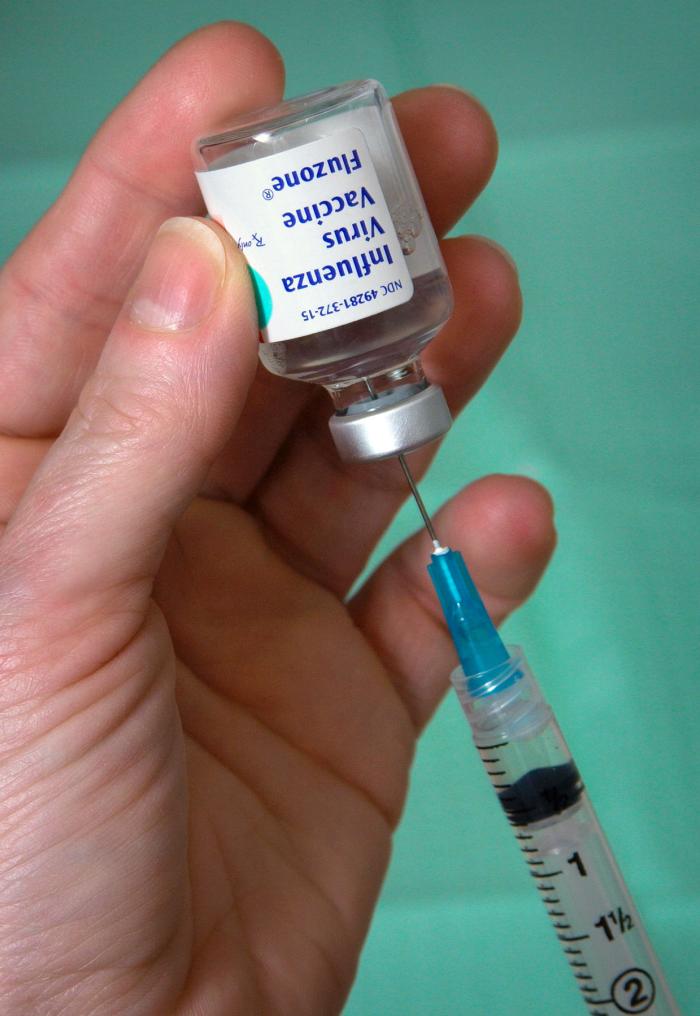Dengue fever in Australia
Dengue fever in Australia
Cases of dengue fever occur in northern Australia from time to time when travellers who have been infected overseas return and introduce the virus to the local mosquito population. To date, it isn’t as common as in other subtropical regions.
How it is spread
Dengue fever is not transmitted (spread) from person to person. Only infected mosquitoes transmit dengue fever. It is thought that the mosquito contracts the virus when it bites an infected person. The mosquito is then infective for the rest of its life and can spread the virus every time it bites someone.
At least three different kinds of mosquito in Australia are suspected to be dengue carriers. They are Ae aegypti,Ae scutellaris and Ae katherinensis. These mosquitoes are found in northern Queensland, the Northern Territory and northern Western Australia.
Diagnosis of dengue fever
See a doctor immediately if you think you may have dengue fever. Early diagnosis is important to reduce the risk of complications and avoid further spread of the virus.Your doctor will ask about your medical history, including any travel, and will do a physical examination. They may order a blood test.
The two types of blood tests that can be used to diagnose dengue fever are:
- Nucleic acid testing requires one blood test.
- Antibody testing requires two blood tests, three weeks apart.
Treatment for dengue fever
There is no specific treatment for dengue fever. Medical care aims to manage the symptoms and reduce the risk of complications while the person recovers. Most cases of uncomplicated dengue fever resolve within two weeks or so.During this time, your doctor may advise:
- bed rest
- plenty of fluids
- medication to reduce fever, such as paracetamol (do not take aspirin because of its blood-thinning properties).
Avoid mosquito bites
Protect yourself against mosquito bites when in dengue-prone areas. Suggestions include:- Avoid outdoor activity, particularly around dusk and dawn when mosquitoes are most active.
- Wear socks, long pants and long-sleeved shirts when outdoors.
- Wear mosquito repellent that contains the active constituents DEET (N,N-Diethyl-m-toluamide) or picaridin. Reapply regularly and make sure you follow directions for safe use on the label.
- Apply a product, such as permethrin, to your clothes or bedding.
- Use a bed net.
- Stay in air-conditioned accommodation with flyscreens on the windows.
Where to get help
- Your doctor
- Department of Foreign Affairs and Trade Travel Advice Tel. 1300 139 281
- Communicable Disease Prevention and Control Unit, Department of Health Victoria Tel. 1300 651 160
- NURSE-ON-CALL Tel. 1300 60 60 24 – for expert health information and advice (24 hours, 7 days)
Things to remember
- Dengue fever is a viral disease spread by mosquitoes in many tropical and subtropical parts of the world including Africa, Asia, South America and Australia.
- Symptoms include high temperature, headache, joint and muscle pains, nausea and malaise.
- There is no specific medical treatment and no vaccine – the best way to protect against dengue fever is to avoid mosquito bites.
- Seek medical attention immediately if you think you may have dengue fever.





keep update
ReplyDeletevery gooooooood
ReplyDelete